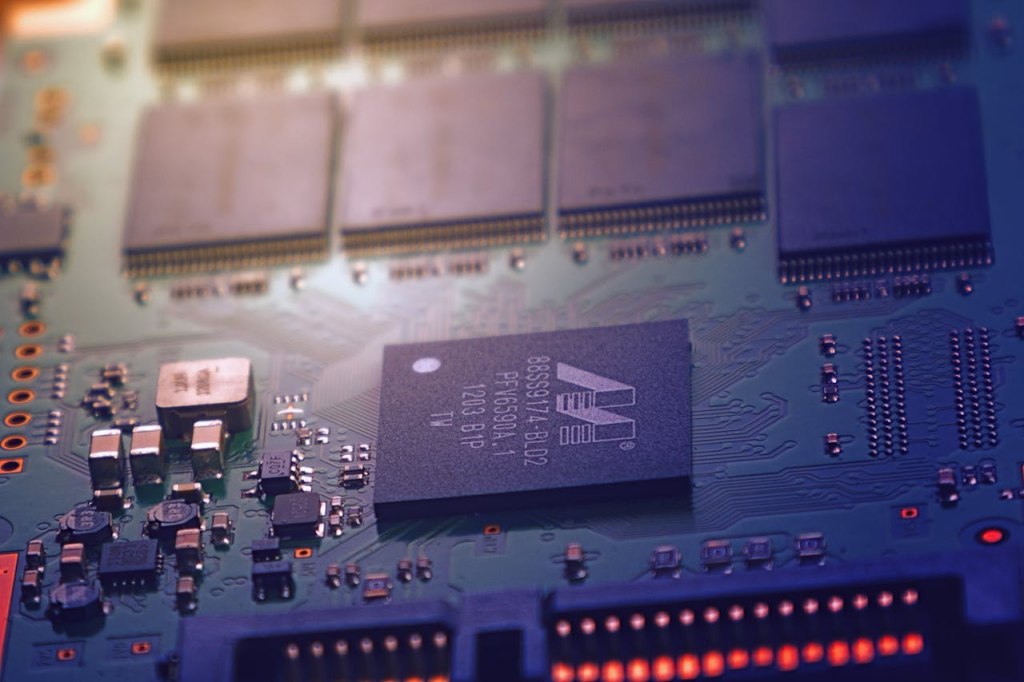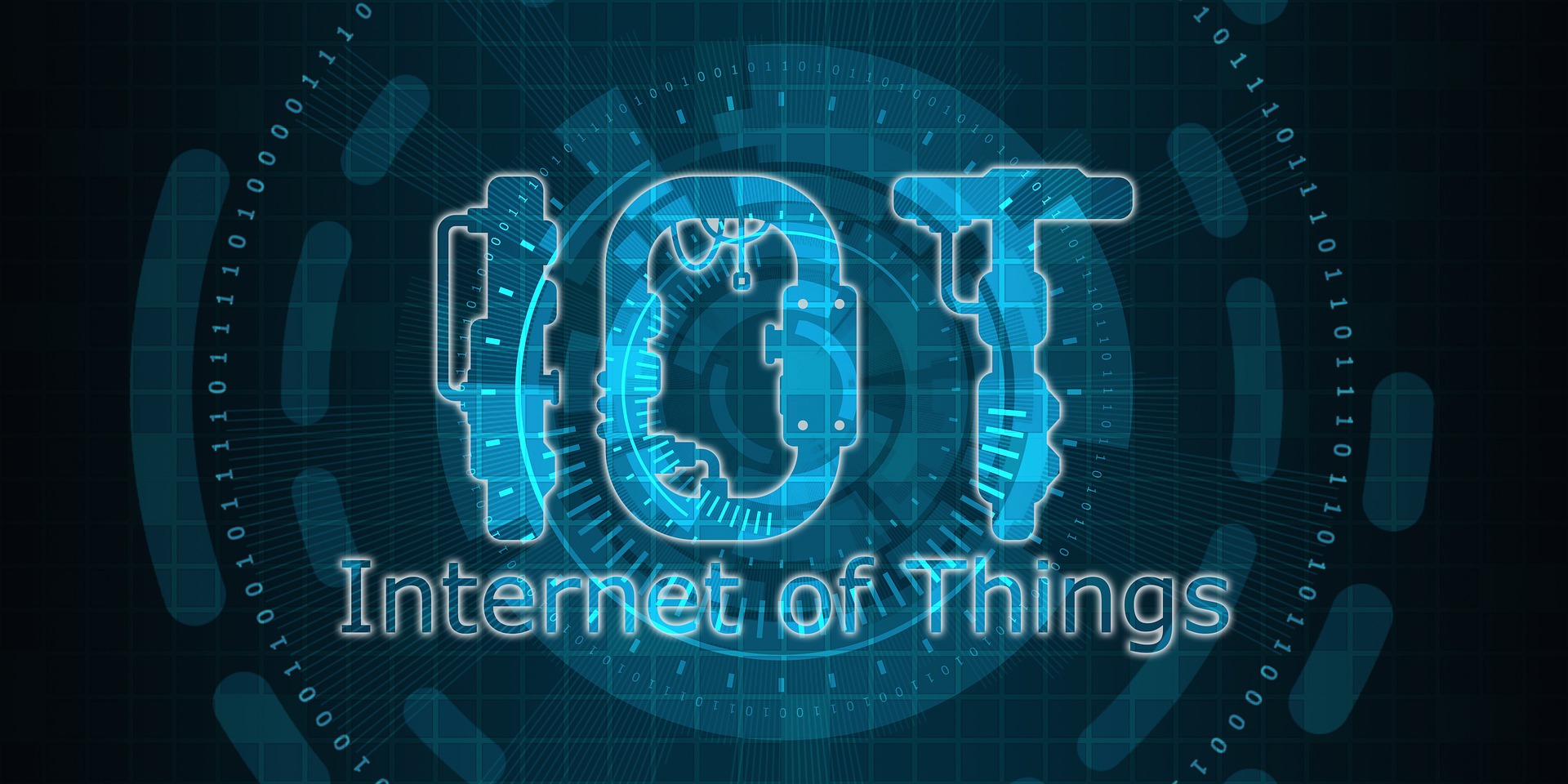In an era where technological innovation evolves at lightning speed, staying ahead of the curve can feel overwhelming. Yet, understanding these trends isn’t just for tech enthusiasts—it’s essential for businesses, professionals, and anyone eager to navigate the rapidly changing landscape of the digital age. In this article, we’ll explore the most impactful tech developments of 2024, shedding light on how they’re shaping our lives, work, and society.
Table of Contents
The Rise of Artificial Intelligence (AI) and Machine Learning
Artificial Intelligence continues to be the cornerstone of technological advancement. In 2024, AI is no longer confined to research labs; it’s embedded in everyday applications, transforming industries from healthcare to finance.
Key Developments:
- Generative AI Dominance: Tools like ChatGPT and DALL-E have become household names, enabling users to generate human-like text, images, and even videos. Businesses leverage these for content creation, marketing, and customer service, drastically reducing costs and increasing efficiency.
- AI-Powered Automation: From automating routine tasks to complex data analysis, AI-driven automation is boosting productivity. For example, in manufacturing, AI predicts equipment failures before they happen, minimizing downtime.
- Ethical AI and Regulation: As AI’s influence grows, so does the focus on ethical use. Governments and organizations are developing regulations to ensure AI is used responsibly, addressing concerns like bias and privacy.
Why It Matters: AI’s evolution promises smarter algorithms that can assist humans in decision-making, freeing up time for strategic and creative pursuits.
The Expansion of 5G and the Dawn of 6G
Connectivity is the backbone of modern tech. The rollout of 5G networks has already revolutionized mobile internet speeds and latency, but 2024 marks the beginning of the next chapter.
Key Developments:
- Widespread 5G Adoption: More cities and rural areas are gaining access, enabling seamless streaming, gaming, and remote work.
- Early 6G Research: While still in experimental stages, 6G promises speeds up to 100 times faster than 5G, with ultra-reliable low-latency communication. This will facilitate advancements like holographic calls and real-time remote surgeries.
- IoT and Smart Cities: Enhanced connectivity supports the proliferation of IoT devices—smart traffic lights, energy grids, and security systems—that make urban environments more efficient and sustainable.
Why It Matters: Faster, more reliable networks unlock new possibilities for innovation, from immersive virtual experiences to vital healthcare services.
The Surge of Edge Computing and Decentralized Data Processing

As data generation skyrockets, traditional centralized cloud computing faces challenges related to latency, bandwidth, and security.
Key Developments:
- Edge Computing: Processing data closer to where it’s generated (on devices or local servers) reduces delays and bandwidth usage. This is crucial for applications like autonomous vehicles and real-time analytics.
- Decentralized Data Storage: Blockchain and distributed ledger technologies are gaining traction beyond cryptocurrencies, offering secure, transparent, and tamper-proof data management.
- Privacy-First Technologies: With increasing data privacy concerns, techniques like federated learning enable AI models to train across multiple devices without exposing raw data.
Why It Matters: Edge and decentralized computing enhance speed, security, and privacy, paving the way for more responsive and trustworthy digital systems.
Quantum Computing: From Labs to Real-World Applications
Quantum computing remains a frontier technology, but 2024 sees tangible progress toward practical applications.
Key Developments:
- Commercial Quantum Devices: Tech giants and startups are releasing more accessible quantum processors, enabling research and experimentation.
- Quantum-Resistant Encryption: As quantum computers threaten traditional encryption, new algorithms are being developed to secure data against future attacks.
- Industry-Specific Use Cases: Fields like pharmaceuticals leverage quantum simulations for drug discovery, while finance uses quantum algorithms for complex risk analysis.
Why It Matters: Quantum computing holds the potential to solve problems impossible for classical computers, promising breakthroughs in science, security, and optimization.
The Growing Influence of Blockchain and Cryptocurrency
Beyond Bitcoin, blockchain technology continues to find diverse applications in 2024.
Key Developments:
- Decentralized Finance (DeFi): Platforms eliminate intermediaries, offering more accessible financial services like loans, savings, and trading.
- NFTs and Digital Ownership: Non-fungible tokens are evolving beyond art, representing ownership of digital assets, intellectual property, and even real estate.
- Enterprise Blockchain: Companies adopt private blockchains for supply chain management, ensuring transparency and traceability.
Why It Matters: Blockchain’s decentralized nature enhances security and transparency across sectors, fostering trust in digital transactions.
The Evolution of Virtual Reality (VR) and Augmented Reality (AR)
Immersive technologies are transforming entertainment, training, and remote collaboration.
Key Developments:
- Next-Gen Devices: Lighter, more comfortable VR headsets with higher resolution and wider fields of view are making immersive experiences more accessible.
- AR in Daily Life: AR applications are integrating into smartphones and smart glasses for navigation, shopping, and interactive learning.
- Metaverse Expansion: Virtual worlds are gaining popularity for socializing, working, and conducting business, with companies investing heavily in metaverse platforms.
Why It Matters: AR and VR are bridging digital and physical worlds, creating new opportunities for interaction and commerce.
The Sustainability and Green Tech Movement
Technology is increasingly focused on combating climate change and promoting sustainability.
Key Developments:
- Energy-Efficient Hardware: Advances in chips and data centers reduce power consumption.
- Renewable Energy Integration: Smart grids and IoT optimize energy distribution and consumption.
- Carbon Capture and Storage: Tech solutions are emerging to reduce atmospheric CO2 levels.
Why It Matters: Sustainable tech not only benefits the planet but also creates economic opportunities and aligns with global climate goals.
Embrace the Tech Revolution
2024 is shaping up to be a pivotal year where cutting-edge technologies converge to create a smarter, more connected, and sustainable world. From AI-driven innovations to quantum breakthroughs, the pace of change offers immense opportunities for individuals and organizations willing to adapt.
How to Stay Ahead:
- Educate Yourself: Keep up with tech news, webinars, and courses.
- Invest Wisely: Explore emerging sectors like AI, blockchain, and green tech.
- Innovate: Use new tools to improve your work, business, or community initiatives.
- Prioritize Ethics and Privacy: Ensure responsible use of technology in all endeavors.
By understanding and leveraging these emerging trends, you can not only future-proof your career but also contribute to shaping a better world driven by technological progress.
Stay curious, stay informed, and embrace the digital future!
Vanguard 1: Earth’s Oldest Artificial Satellite May Soon Return to Earth
In an exciting move that could reshape the history of space exploration, the United States is consid…
Technology Terms Explained
The technology world is full of acronyms and specialized terms, including essential Technology Terms…
IoT Trends to Watch in 2025
The Internet of Things (IoT) continues to reshape industries, revolutionize homes, and enhance daily…


